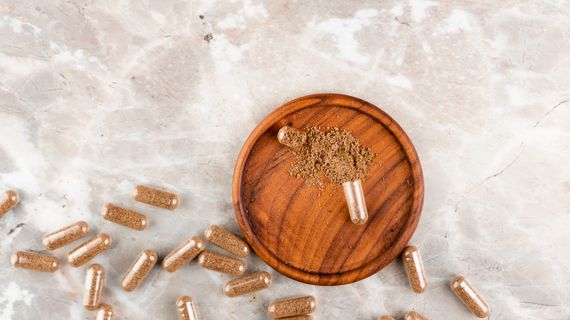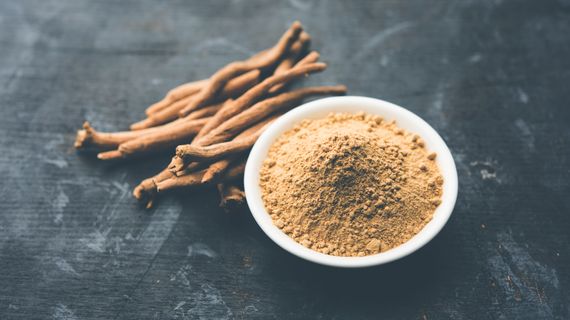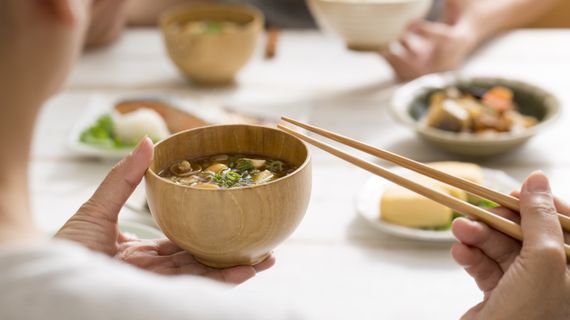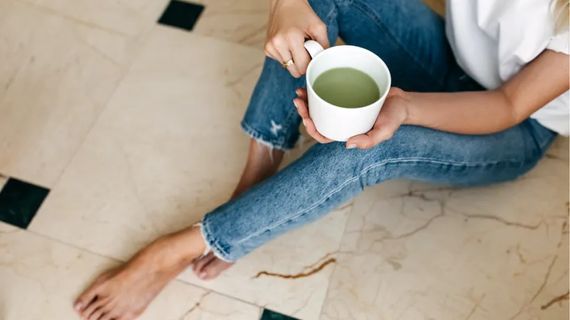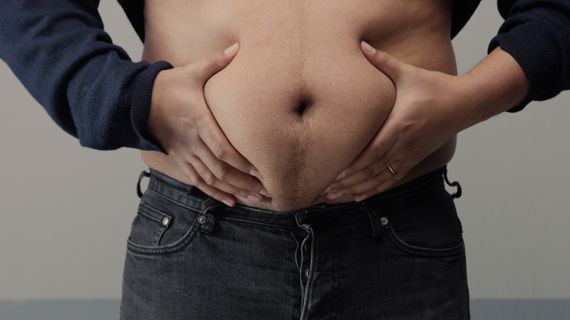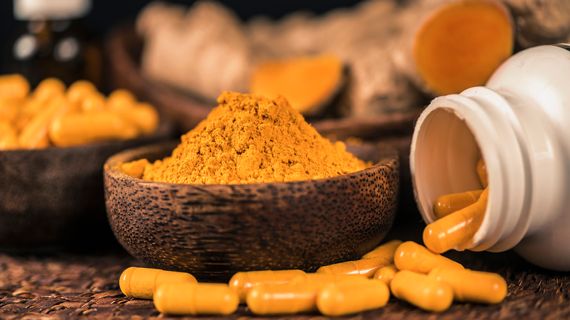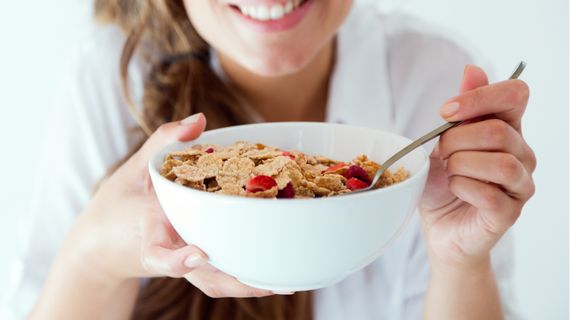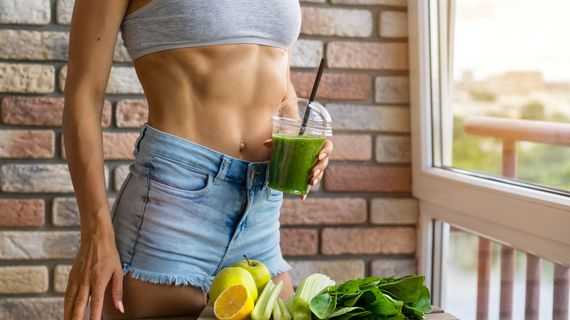- The healing effects of milk thistle have been used since the time of ancient Greece and Rome.
- The active ingredient, silymarin, accounts for 80% of common extracts.
- Taking it has a positive effect on liver function, reduces acne and promotes the production of breast milk.
Milk thistle is a plant that grows naturally in the Mediterranean region. Surviving records from ancient physicians and naturalists date back to as early as the 1st century AD, during which time milk thistle was recommended for promoting bile production, treating poisonous snake bites and counteracting mushroom poisoning. To this day, milk thistle remains one of the most sought‑after herbs for supporting liver health, available both as a tea and in dietary supplement form. What are its effects on the human body?
Higher content of active substances in extracts compared to tea
The main part of the plant used for processing is the fruit or seed, where the active substances called flavonolignans are found, collectively referred to as silymarin. The content of silymarin in dried fruit is approximately 1.5‑3%. The dried powder can be bought as tea. However, a more effective form of administration is the seed extract. Standard milk thistle extracts are concentrated 25‑30 times, resulting in a silymarin content of over 80%. In this form, it is available as dietary supplements in capsules or tablets.
Therefore, to take full advantage of milk thistle's benefits, the most effective option is to take an extract with a standardised silymarin content. It is in this form that milk thistle is being tested in experimental studies, making it the best‑validated form of administration. The main active ingredient of milk thistle, collectively referred to as silymarin, includes 35‑40 % of substances made up of silybin (silybin A, silybin B, isosilybin A, isosilybin B), silydianin, taxifolin and isosilchristin.
How does milk thistle affect liver function?
Milk thistle has a significant positive effect on liver function. Experts list three main mechanisms by which milk thistle benefits hepatocytes (liver cells):
- Silymarin acts as an antioxidant: Silymarin acts as an antioxidant in the liver, helping to protect the tissue against free oxygen radicals produced by the metabolism of xenobiotics (foreign substances). In addition, studies show that silymarin increases the activity of antioxidant enzymes such as glutathione peroxidase and superoxide dismutase.
- Milk thistle is anti‑inflammatory: Studies indicate that milk thistle helps regulate the production of cytokines responsible for the pro‑inflammatory effect. Specifically, it reduces the production of COX‑2, one of the two cyclooxygenase enzymes that lead to prostacyclin production and subsequent inflammation.
- Silybin counteracts the deposition in the liver: Silybin presumably reduces the activity of glycoprotein growth factor PDGF, which helps reduce collagen deposition in the liver.
Milk thistle is most often recommended for people with non‑alcoholic fatty liver disease, a condition characterised by the accumulation of fatty tissue in the liver. The main causes of this disease tend to be overweight and obesity, insulin resistance, diabetes and hyperlipidaemia. Studies show that regular use of milk thistle extract reduces ALT and ASL values in patients with this condition. Another meta‑analysis from the same year reached similar results, though the observed reduction in these values was low.
Support for acne and increased breast milk production
While the primary effects of milk thistle are related to its positive effect on liver cells, other positive effects on the human body are also being studied.
Due to the antioxidant effects of silymarin, milk thistle has been studied in relation to the reduction of acne, which can result from increased oxidative stress. In a 2012 study, taking 210mg of silymarin per day (263mg of milk thistle extract per day) was shown to increase blood glutathione levels and reduce acne formation by more than 50%.
Milk thistle is also one of the most popular natural galactagogues, substances that increase breast milk production, along with fenugreek. The most common method of administration is taking the crushed seeds in capsules or drinking an infusion of the tea. In a 2008 study on 50 breastfeeding mothers, regular use of milk thistle extract (420mg per day) led to a 64% increase in breast milk production after just 30 days of use, while the placebo group showed a 22% increase.

How to take milk thistle?
The most effective form of milk thistle administration is an extract standardised to 80% silymarin content, the substance with the main effect on the human body. The dosage of milk thistle is based primarily on the content of the active substance silymarin. Most studies use a daily dose ranging from 200mg to 400mg of silymarin.
The use of milk thistle is safe and does not pose any health risks at the indicated dosage, allowing for long‑term use. However, it is still worth adding that the most important influence on proper liver function is a healthy lifestyle, including a varied and balanced diet.
Milk Thistle Extract

Bottom line
Milk thistle is one of the most popular herbs used for medicinal purposes since ancient Greece and Rome. It contains substances known as silymarin, the main active constituents of milk thistle. Taking milk thistle has a beneficial effect on liver function, offering protective antioxidant effects and anti‑inflammatory properties and preventing the deposition of collagen fibres in the liver. In addition, studies observe a beneficial effect against acne and support the production of breast milk.
The most effective form of use is an extract standardised to 80% silymarin content. The optimal daily dose of silymarin is approximately 200‑400mg per day, which corresponds to 250‑500mg of standardised extract.




